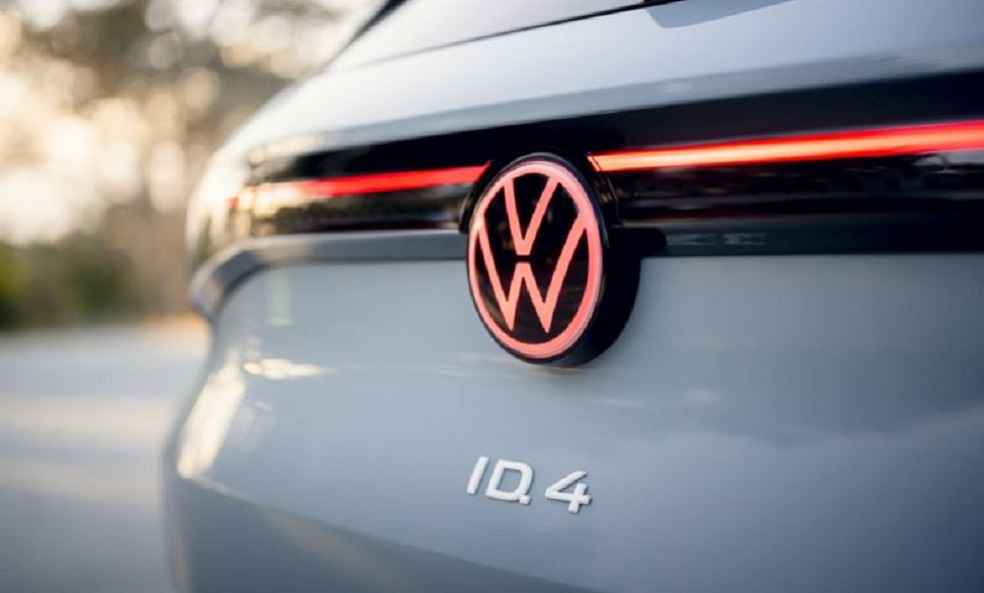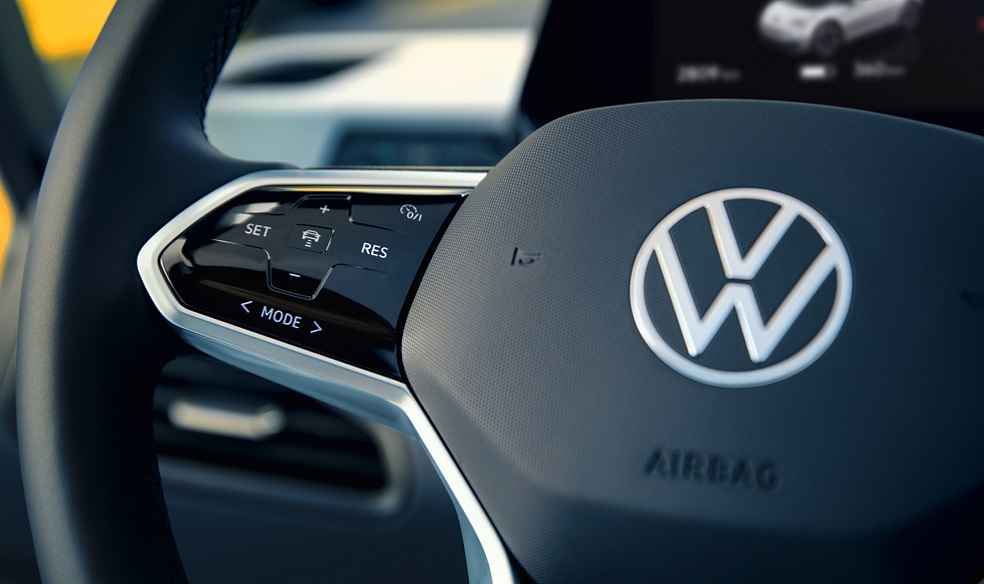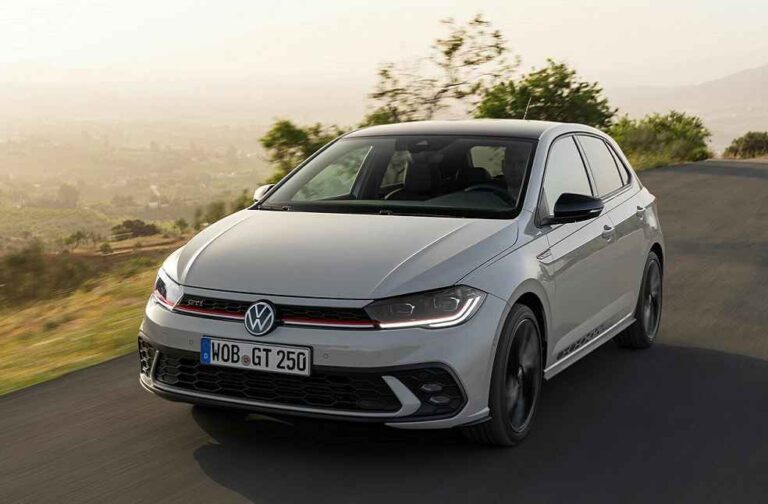Volkswagen Passenger Cars is setting the stage for an electric vision by adapting its Germany-based production facilities. In a meeting, the brand’s vehicle allocation plans through 2028 were shared with the Group Board of Management. This move is a part of the brand’s ambitious performance program, ACCELERATE forward | Road to 6.5, aiming for profitable capacity utilization and a sound economic outlook in the coming years amidst a rapidly evolving automotive industry.
Thomas Schäfer, CEO of the Volkswagen brand, highlighted the complex challenges the industry faces during this transformative phase, especially under stringent business conditions. He emphasized the importance of readying Volkswagen’s plants and the entire production network in Germany for what lies ahead.
Christian Vollmer, Board of Management member for Production at Volkswagen, spoke about the transition to electromobility as a chance to reduce operational complexity and enhance efficiency across plants. The brand plans to systematically align vehicles based on similar architecture across all brands in their plants to save on substantial investments tied to integrating different vehicle architectures. The objective is for plants to produce various models based on a unified technical vehicle architecture, thus creating a more streamlined and efficient production process.

Daniela Cavallo, General Works Council Chairwoman, acknowledged the joint efforts of the company and the Works Council in making critical decisions to ensure optimal economic utilization of factories, while also providing clear prospects for the workforce during challenging times.
One of the focal points of this transition is the ramp-up of the ID.301 model in 2023 at the Wolfsburg plant, which is also earmarked to produce a new all-electric SUV starting in 2026. This plant will continue to produce the popular Golf and the new Tiguan02 generation, ensuring robust utilization of its facilities. There’s also a plan to integrate new electric models based on the Scalable Systems Platform (SSP) architecture, thus eliminating the need for additional plant structures in Wolfsburg Warmenau.
Additionally, the Osnabrück plant is set to continue its partnership with Porsche while maintaining its production of the combustion vehicles Arteon and T-Roc convertible. As for other German and international locations of the Volkswagen brand, the previous planning remains unchanged.

Volkswagen’s systematic approach towards embracing the electric revolution while keeping an eye on efficient production reflects a global perspective that is not only adaptive to changing technological paradigms but also prepares the brand to navigate through the challenging waters of the automotive industry. This strategic planning places Volkswagen in a strong competitive position, heralding a sustainable and electrified pathway for the brand and the sector at large.
DON’T MISS | Lucid Group Ignites Saudi Auto Sector with First-Ever Electric Car Facility





